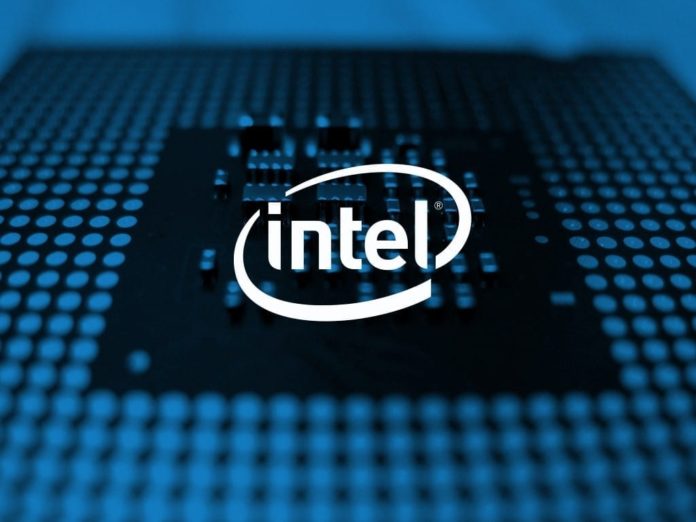On one side, we’ve got the 7nm AMD Matisse chips pummeling Intel’s 9th Gen lineup and on the other, we are continuously seeing (promising) leaked scores of the upcoming 10nm Sunny Cove based Ice Lake chips. Slated for launch in the coming quarter (at least the mobile U and Y chips), yes, they’ll probably be limited in quantity (and quality), so you probably won’t be able to get your hands on a 10nm Intel part anytime this year, but 2020 should be more positive for Intel. In this post, we have the PassMark CPU benchmark of the Ice Lake-based Core i7-1065G7 and the chip boasts impressive single-core performance, beating the AMD Ryzen 5 3500U by quite a margin.

Yes, this AMD part is an older Zen+ based Picasso processor, but still, these processors usually tend to be faster than Intel’s Kaby Lake parts in multi-threaded benchmarks. However, here the Core i7-1065G7 is faster in every way, scoring 2,625 points in the single thread (vs 4500U’s 1,818) and 10,316 (vs 8,042) in the multi-threaded benchmark. And from what we can see, although the chip isn’t running at clocks as high as the existing 8th and 9th-Gen products, it’s still quite powerful and considering the efficiency of the new 10nm node, this will probably push the TDP down by quite a bit, unless the accompanying Gen11 iGPU turns out to be power-hog.
Read more:
$399 AMD Ryzen 7 3800X Faster than $484 Intel Core i9-9900K in Geekbench



That is not an apples to apples comparison. The Core i7-1065G7 hasn’t been released yet and moreover it’s a next gen Intel chip on a cutting edge silicon process being compared to a bog standard Ryzen part found in shipping products. Once the Core i7-1065G7 and the Renoir 7nm Zen 2 Ryzen APU ship we will have the necessary basis for a meaningful comparison. The Ryzen chip won’t wipe away the single core performance lead of the Intel chip entirely but it will significantly close that gap. And, likely as not the Ryzen chip will offer the compensatory benefit of higher multi-core performance. Once a meaningful comparison is done Intel will be less inclined to crow about its performance preeminence.